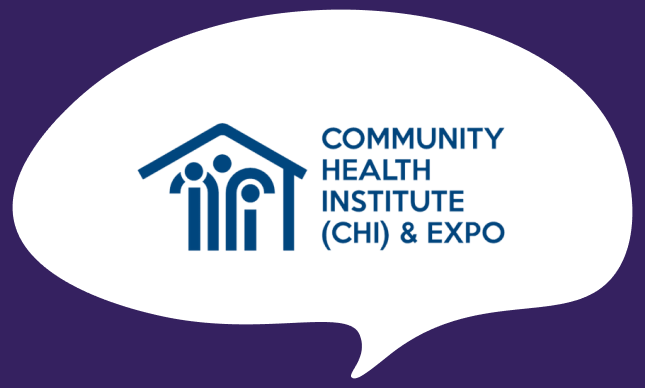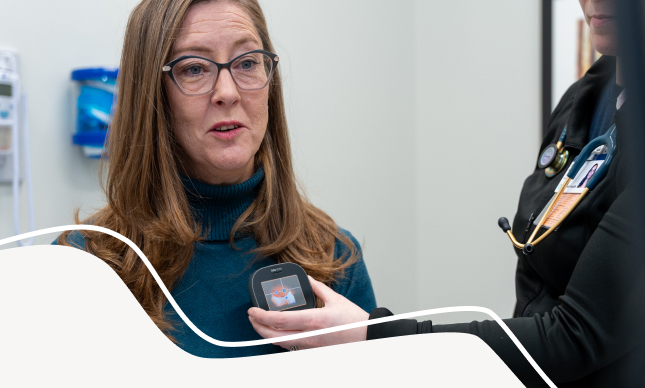Virtual physicals are coming to a mobile app near you
By Peter Lucas Doctors conducting a digital office visit can now ask their patients to open wide, say “Ah!” and perform a virtual health exam. The remote physical examination capability is being made available by Tyto Care, and American Well, a pair of telehealth services providers. The two companies say their integrated offering provides the missing link needed to take digital doctor visits beyond video conferencing by using web tools that let patients perform some “do-it-yourself physical” tasks such as taking a blood pressure or temperature reading using a handheld digital exam device, a mobile app and their smartphone or other mobile device. The new technology integration and marketing deal between the two telehealth companies provides consumers with the tools to conduct parts of a physical examination themselves, digitally record the exam data on a mobile app and share it with a physician during a telehealth visit via their mobile device. The integrated product will be available in 2017. Tyto Care will integrate its web examination tools and services into American Well’s telehealth platform giving its customers access to the 5,000 healthcare providers using American Well’s platform. In addition, Tyto Care plans to build a network of health systems, provider groups, large insurers and home and urgent care partners physicians that use its platform, says Tyto Care founder and CEO Dedi Gilad. “This partnership will allow us to unlock one of telehealth’s most challenging shortcomings by adding remote examinations to fully inform a telehealth visit, closely replicating what happens in the doctor’s office,” Gilad says. Tyto Care’s examination platform includes a digital handheld device to which different adapters can be attached to examine the throat, ears and abdomen, check body temperature and hear heart and lung sounds. Consumers can capture heart and lung sounds by pressing the device over those areas and take their temperature by pressing the device to their forehead. The device also includes a camera that allows consumers to capture images of a patient’s throat or inner ear, for example. The device transmits data to a HIPAA-compliant mobile app that can be accessed on a smartphone or other mobile device. The consumer then uses the Tyco Care app on her smartphone or tablet to send exam data to the doctor before or during the telehealth visit. The app, which is available from Tyto Care through the Google and Apple app stores, allows consumers to transmit exam data live to a physician during a telehealth consultation, forward exam data it to a physician for review at a later date, and review the data themselves. Data is sent to a physician using a secure link. Exam results can be integrated into electronic health records systems. Tyto Care piloted the technology with several hospitals and health systems including the University of Virginia and Advocate Health Care. Consumers will be able to purchase the Tyto Care self-exam kit through their health system, healthcare providers and direct from TytoCare.com, the company says. It will be up to individual health systems and health care providers to determine whether they will subsidize the device, Gilad says. Tyto also plans to offer the self-exam kits through employers, which can opt to include it as part of employee health benefits, Gilad adds. “Some insurance carriers may offer reimbursement for the Tyto device, but we recommend consumers check with their carrier to verify coverage,” Gilad says. “The cost of the device also qualifies as a reimbursable expense under a health savings account or flexible spending account.” Tyto Care’s examination device, which recently received approval from the Food and Drug Administration, is available for $299. A clinicians’ version of the platform called TytoPro is available for $999 plus a monthly subscription fee, which Tyto did not disclose. Blood pressure readings can only be taken using the clinical version of the self-exam kit, the company says. TytoPro allows clinicians to capture and share remote examination data, conduct a specialist consultation and get a second opinion. Data is stored on a remote HIPAA compliant server. Increasing the functionality of virtual visits through self-examination tools is a value-added component that can help expand the reach of telehealth services by enabling more comprehensive at-home examinations, says Dr. Ray Dorsey, University of Rochester Medical Center professor of neurology. “The technology will enable people to do things they normally can’t do during a typical telehealth visit and provide a physician with better information during the telehealth visit,” says Dorsey. Tyto Care’s self-examination technology is also expected to provide better patient outcomes when a physician feels the need to prescribe medication during a telehealth visit, as the physician will have physical data on which to base a decision, says Dr. Karen S. Rheuban, director and co-founder of the University of Virginia’s Center for Telehealth and chair of Tyto Care’s advisory board. While demand for telehealth services is growing, especially among caregivers and seniors, one potential shortcoming of including self-examination technology is that some consumers are likely to need training to properly use the device, Dorsey says. The deal with Tyto Care continues American Well’s strategy of strategic partnerships to expand the reach and functionality of telehealth. The company recently partnered with Cerner Corp., one of the biggest developers of electronic health records systems, to integrate its telehealth technology into Cerner’s electronic health records platform, and New York-Presbyterian to offer telehealth visits through the hospital. Tyto Care, which was founded in 2012, has raised more than $19 million from investors including Cambia Health Solutions, Walgreens Co., Orbimed Advisors LLC and Fosun Pharmaceutical Group. “Our partnership with Tyto Care arms remote telehealth physicians with the physical examination they traditionally needed to safely diagnose, treat and follow medical conditions while the patient remains in their home,” says American Well CEO Dr. Roy Schoenberg. “This is a significant step forward for the telemedicine industry and further extends the scope and reach of safe digital healthcare delivery.”


